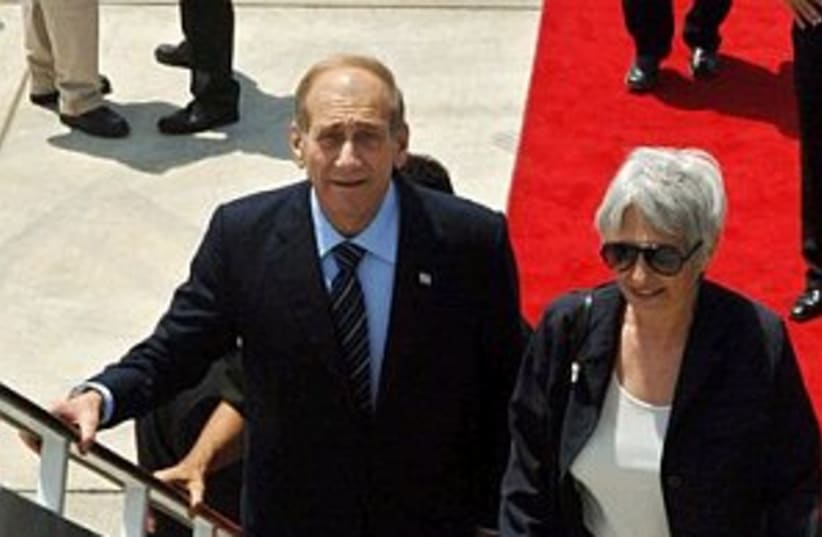| JPOST.COM HIT LIST | |
| JPost.com's most popular articles this past week |
Mr. Olmert goes to Washington
If the prime minister is in a hurry he is unlikely to get what he wants from the White House.


| JPOST.COM HIT LIST | |
| JPost.com's most popular articles this past week |